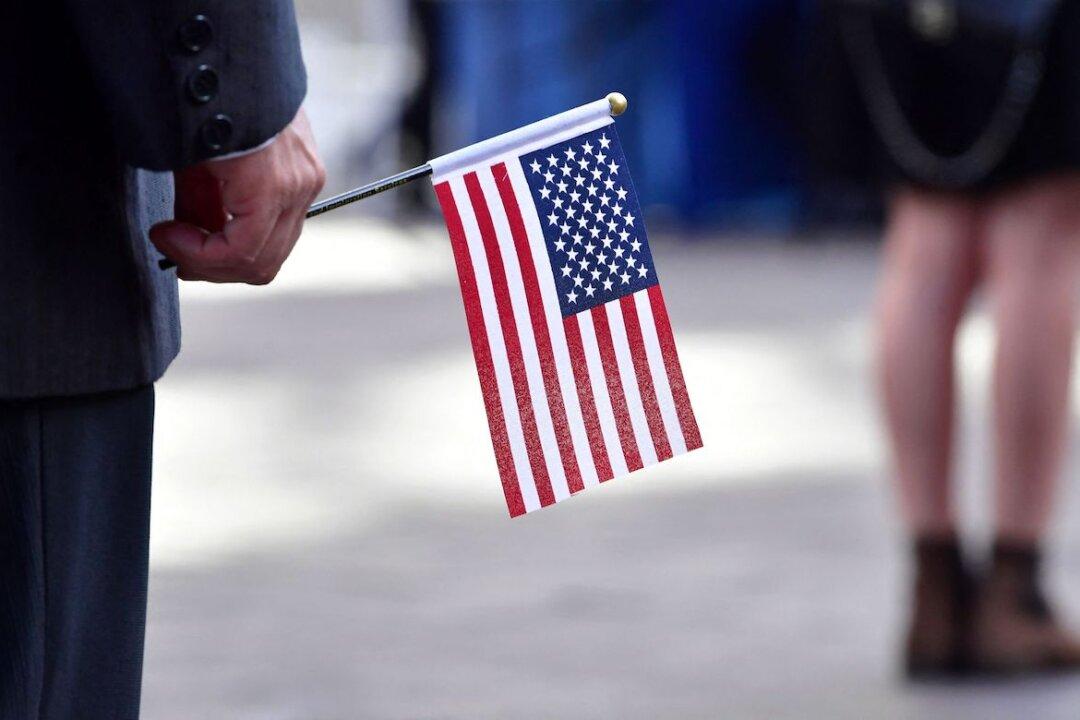Commentary
The Constitution says that only a “natural born citizen” may be president. Throughout history, political partisans have accused opposing candidates of not being “natural born citizens” and thus disqualified.

The Constitution says that only a “natural born citizen” may be president. Throughout history, political partisans have accused opposing candidates of not being “natural born citizens” and thus disqualified.